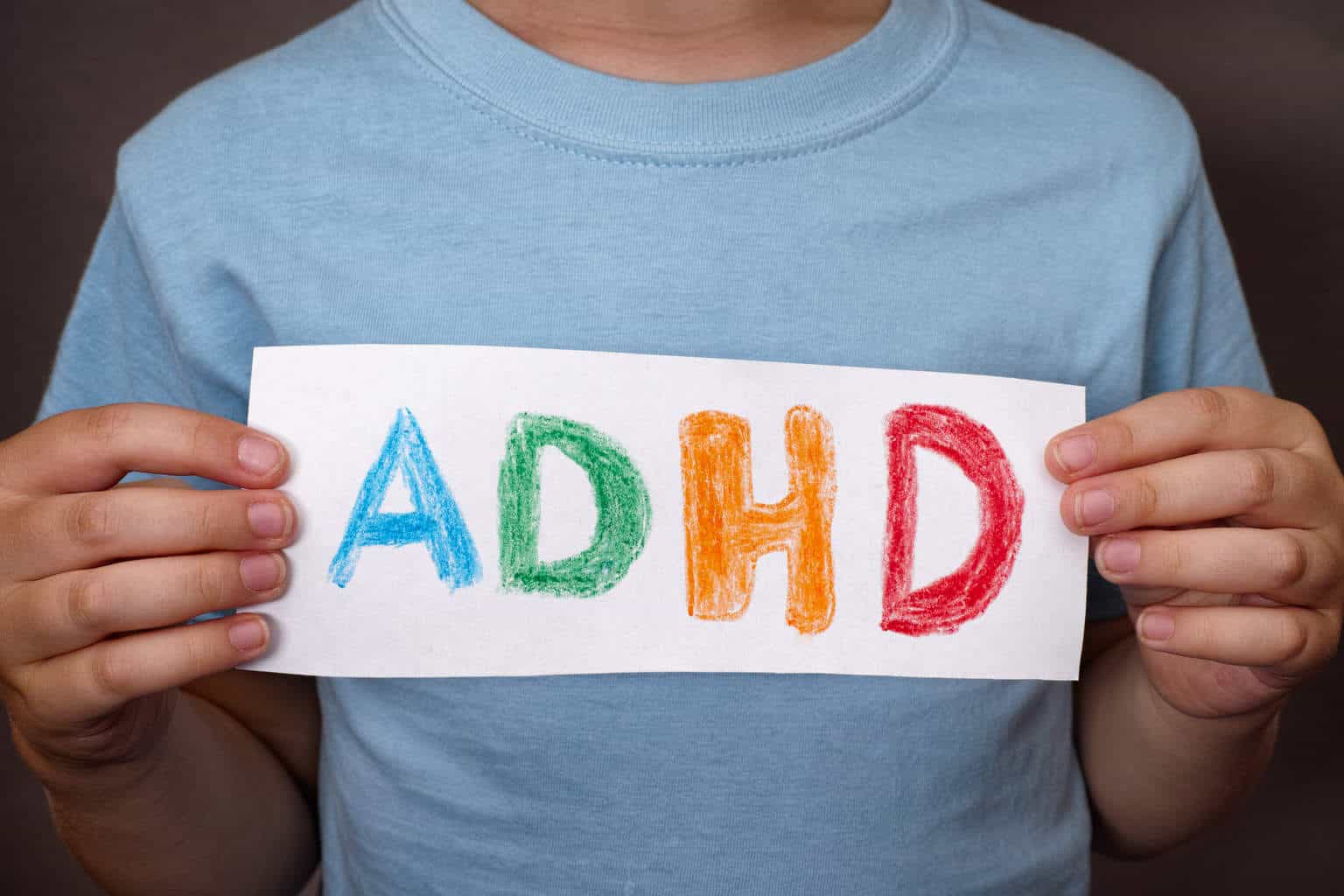Contents:
- 1. Alzheimer's and dementia have nothing to do
- 2. Alzheimer's disease is a disease of grandparents
- 3. Alzheimer's disease does not cause death
- 4. Symptoms of Alzheimer's are part of aging
- 5. Alzheimer's disease is not a hereditary disease
- 6. Alzheimer's has a cure
- 7. It's useless to look at Alzheimer's patients
Older, all body functions will decline, including the brain. The risk of diseases that attack the brain is also getting bigger when you are old, one of them is Alzheimer's disease. However, there are still many people who are mistaken about this disease.
Azheimer disease, sometimes called senile disease, is not a new disease in Indonesia. Estimates of the number of Alzheimer's sufferers in Indonesia reached one million in 2013. This figure is expected to continue to soar and become a trend in the future. To anticipate Alzheimer's disease earlier, you certainly need to understand everything about this disease. Unfortunately, there is still a lot of information circulating about this disease. Some of these mistakes include:
1. Alzheimer's and dementia have nothing to do
Many people think that dementia and Alzheimer's disease are different diseases. In fact, Alzheimer's is a specific form of disease from dementia. You need to know that dementia is a collection of symptoms that interfere with the cognitive function of the brain to carry out daily activities. While Alzheimer's is one of the causes of dementia due to damage to brain cells.
2. Alzheimer's disease is a disease of grandparents
The risk of Alzheimer's disease will increase with age and the majority of Alzheimer's patients are people 65 years or older. However, it is wrong if you conclude that this disease only attacks the elderly.
People aged 30 to 50 years can also have this disease, especially those who have family members with Alzheimer's. Nearly 50 percent of adults experience an initial attack on Alzheimer's. Unfortunately, experts often misdiagnose symptoms as a mere side effect of stress.
3. Alzheimer's disease does not cause death
Although damage to brain cells does not rapidly develop like cancer, Alzheimer's can also cause death. Most Alzheimer's patients can survive 8 or 10 years after being diagnosed by a doctor. Why is that?
This senile disease makes patients forget to eat or drink, have difficulty swallowing food, and cause severe nutritional deficiencies. In addition, behavioral changes can also harm patients.
4. Symptoms of Alzheimer's are part of aging
Decreasing brain function will indeed occur when you get older, one of the symptoms often forgets. This condition is different from senility due to Alzheimer's disease.
Patients with this disease can forget their home address, known people, to forget how to drive or cook. This condition will get worse with the disruption of the patient's ability to think, eat, and talk. So, don't underestimate the symptoms of Alzheimer's.
5. Alzheimer's disease is not a hereditary disease
Damage to brain cells in Alzheimer's patients can indeed occur due to a bad lifestyle. However, the risk of getting this disease can be even greater if there are family members who have this disease.
People who inherit a single gene mutation are at risk of developing this disease, although it is rare. The risk will increase if the person has an unhealthy lifestyle throughout his life.
6. Alzheimer's has a cure
Until now no drug has been found that can actually cure brain cell damage due to Alzheimer's. Medications can only prevent symptoms of relapse, but cannot stop the progression of the disease. So, patients must take medication regularly and diligently check their health to the doctor.
7. It's useless to look at Alzheimer's patients
Alzheimer's patients often do not recognize who their family members are. Even though you have been told, the day after or a few days later you will forget. So you might think that visiting a patient is a waste because the patient will forget again and again.
Even so, Caleb Backe, a health and fitness expert at Maple Holistic as quoted from the Reader 's Digest page explained, "Keeping your friendship with patients is important. Not only to support patients but also to benefit yourself. "












